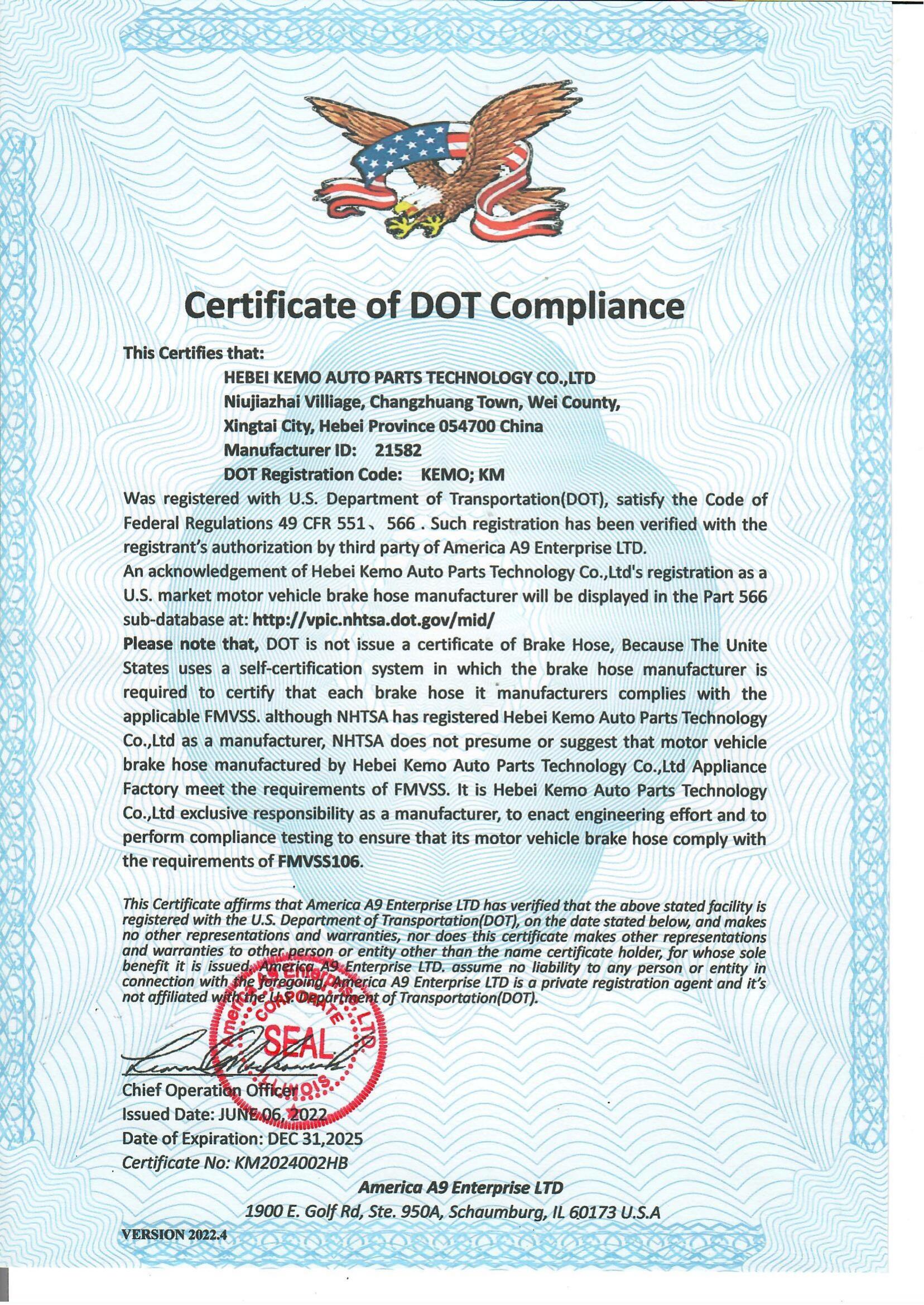How to Identify and Fix a Leaking Brake Line in Your Vehicle
Nov . 18, 2024 09:07 Back to list
How to Identify and Fix a Leaking Brake Line in Your Vehicle
Understanding Brake Line Leaking Causes and Solutions
A vehicle’s braking system is one of the most critical components for safe driving. Among the various elements of this system, brake lines play a pivotal role in ensuring that your vehicle can stop effectively. However, one common issue that many drivers face is a leaking brake line. This problem can jeopardize safety and should be addressed promptly to maintain the integrity of the braking system.
What are Brake Lines?
Brake lines are the tubes that transport brake fluid from the master cylinder to the brake calipers, which then exert pressure on the brake pads against the rotors, allowing a vehicle to stop. These lines are typically made of steel or flexible rubber and are designed to withstand high pressures. However, over time, various factors can contribute to wear and tear, leading to leaks.
Causes of Brake Line Leaking
1. Corrosion One of the primary reasons for brake line leaks, especially in older vehicles, is corrosion. Brake lines, particularly steel ones, are susceptible to rust when exposed to moisture and road salt. Corrosion weakens the metal, creating small holes that can lead to fluid leaks.
2. Physical Damage Brake lines can be damaged by road debris, accidents, or improper installation of components. If a brake line is pinched or crushed, it could eventually lead to a leak.
3. Temperature Fluctuations Extreme temperatures can cause materials to expand and contract. Over time, this can lead to wear on brake lines, especially if they are already compromised.
4. Rubber Deterioration In vehicles with rubber brake lines, age and exposure to the elements can cause the material to harden, crack, or split, leading to leaks.
brake line leaking

Symptoms of a Leaking Brake Line
Identifying a brake line leak early can prevent serious safety issues. Some common signs include
- Brake Pedal Feel If you notice that the brake pedal feels spongy or sinks to the floor when pressed, it may indicate a loss of brake fluid due to a leak. - Fluid Puddles Look for puddles of hydraulic brake fluid under your vehicle. This fluid is usually clear to amber in color. - Warning Lights Some vehicles have warning sensors that can alert you to low brake fluid levels.
Solutions and Repair
If you suspect a brake line leak, it is crucial to address the issue immediately. Here are some steps to take
1. Inspect the Brake Lines Check for visible signs of leaks, rust, or damage. If you’re not comfortable doing this yourself, professional mechanics can perform a thorough inspection.
2. Replace Damaged Lines Depending on the severity of the leak, it may be necessary to replace the entire brake line or just a section of it. For rubber lines, replacing them with high-quality materials can prevent future issues.
3. Regular Maintenance Regularly check your brake fluid levels and schedule maintenance services to ensure your braking system is in good condition.
In conclusion, a leaking brake line is a serious issue that can compromise vehicle safety. By understanding the causes, recognizing the symptoms, and taking timely action, drivers can maintain their braking systems and ensure safe operation on the road. Always consult with a professional mechanic if you are unsure or need assistance with repairs, as your safety and the safety of others on the road is paramount.
